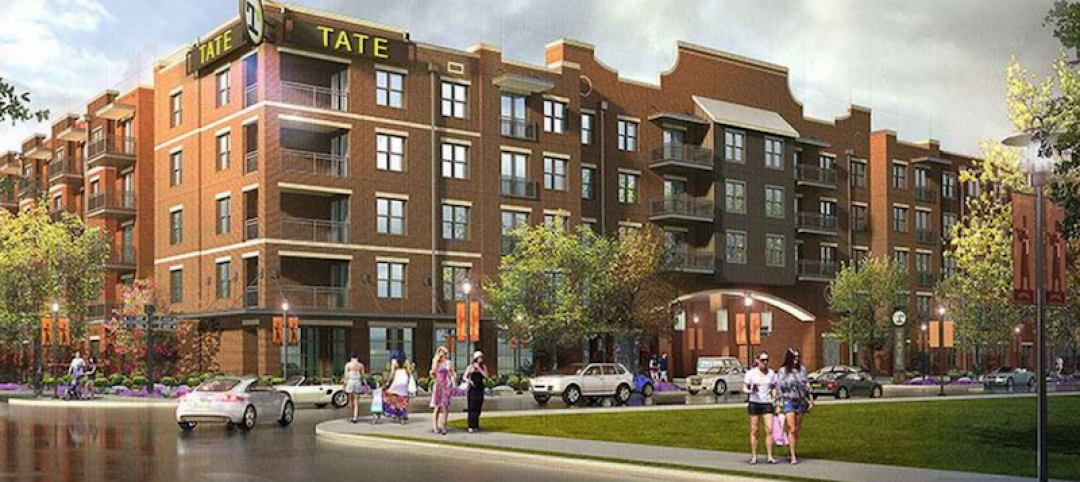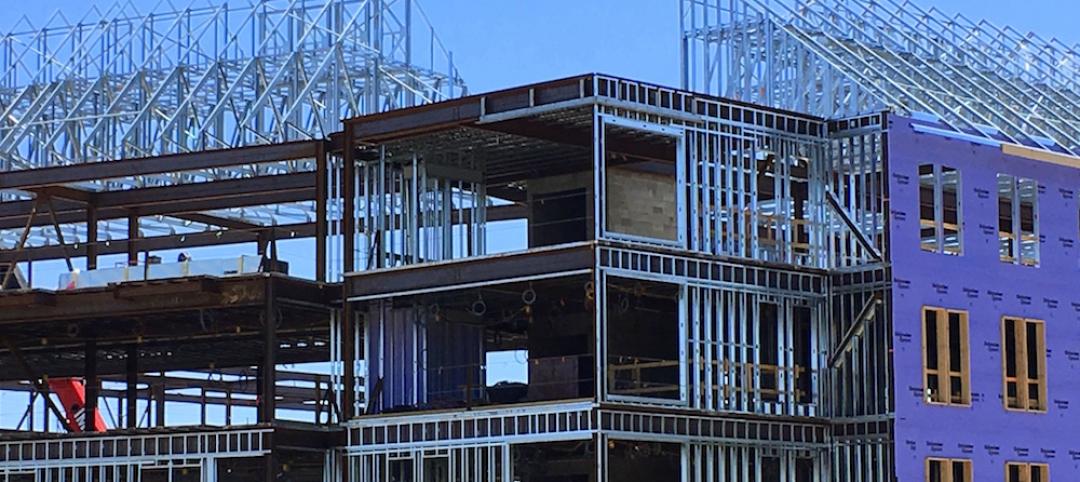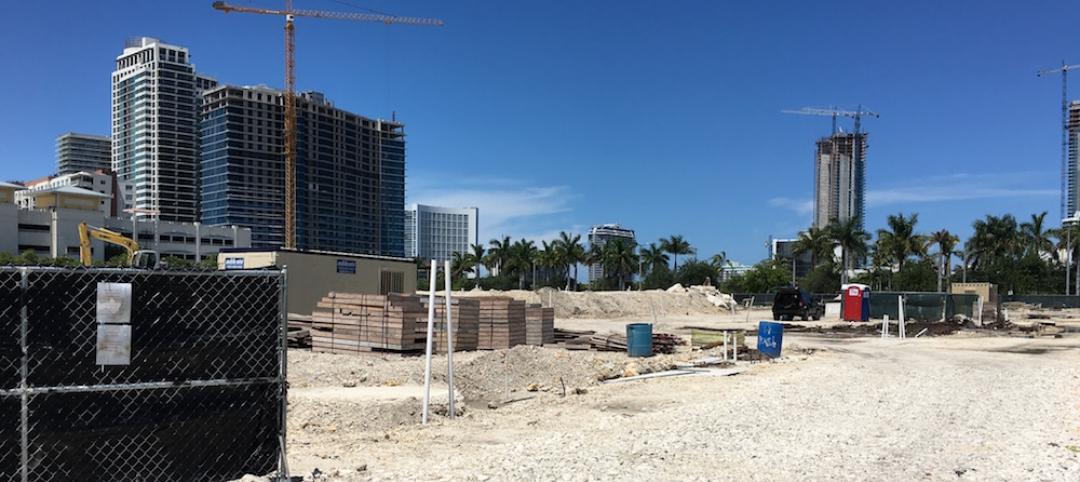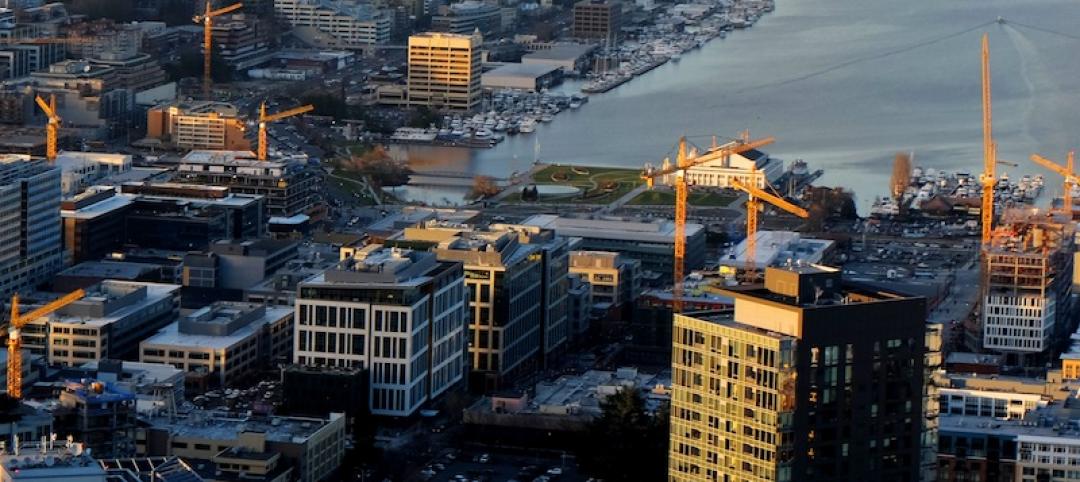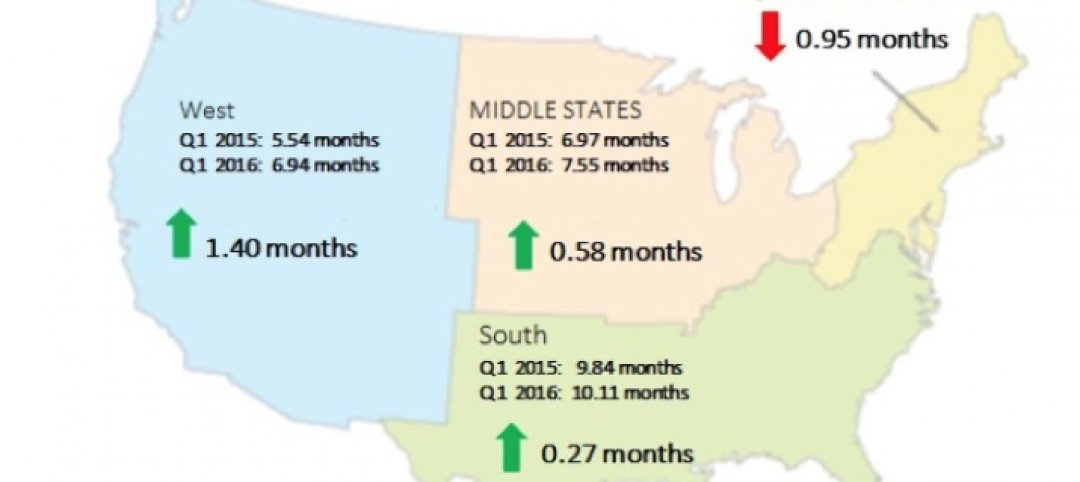Construction employment increased in 245 out of 358 metro areas between March 2017 and March 2018, declined in 67 and stagnated in 46, according to a new analysis of federal employment data released today by the Associated General Contractors of America. Association officials said that the new figures come amid questions about how a possible trade war and long-term infrastructure funding shortfalls will impact the construction sector.
"While firms in many parts of the country continue to expand, there is a growing number of threats that could undermine future employment growth in the sector," said Stephen E. Sandherr, the association's chief executive officer. "Among the top threats to future construction growth are the risk of a trade war and long-term infrastructure funding challenges."
Houston-The Woodlands-Sugar Land, Texas added the most construction jobs during the past year (10,700 jobs, 5%), followed by Phoenix-Mesa-Scottsdale, Ariz. (9,500 jobs, 9%); Dallas-Plano-Irving, Texas (7,800 jobs, 6%) and Riverside-San Bernardino-Ontario, Calif. (7,200 jobs, 8%). The largest percentage gains occurred in the Weirton-Steubenville, W.Va.-Ohio metro area (29%, 400 jobs), followed by Merced, Calif. (26%, 600 jobs); Wenatchee, Wash. (26%, 600 jobs) and Midland, Texas (23%, 6,000 jobs).
The largest job losses from March 2017 to March 2018 were in Baton Rouge, La. (-3,200 jobs, -6%), followed by Columbia, S.C. (-2,200 jobs, -11%); Minneapolis-St. Paul-Bloomington, Minn.-Wisc. (-1,700 jobs, -2%); Newark, N.J.-Pa. (-1,700 jobs, -4%) and Montgomery County-Bucks County-Chester County, Pa. (-1,600 jobs, -3%). The largest percentage decreases for the year were in Auburn-Opelika, Ala. (-34%, -1,300 jobs), followed by Monroe, Mich. (-17%, -400 jobs); Portland-South Portland, Maine (-11%, -1,000 jobs) and Columbia, S.C. (-11%, -2,200 jobs).
Association officials said that trade disputes that could arise from the President's newly-imposed tariffs and long-term infrastructure funding shortfalls could threaten future construction employment growth. They noted that many construction firms have already experienced significant increases in what they pay for steel products. Meanwhile, long-term funding shortfalls for infrastructure improvements could undermine demand for many firms' services.
"The biggest threats to future construction growth are man-made: trade wars and funding shortfalls," said Stephen E. Sandherr, the association's chief executive officer. "Fortunately, Washington officials can help ensure future economic growth by avoiding a trade war and enacting long-term infrastructure funding."
View the metro employment data by rank and state. View metro employment map.
Related Stories
Multifamily Housing | Aug 12, 2016
Apartment completions in largest metros on pace to increase by 50% in 2016
Texas is leading this multifamily construction boom, according to latest RENTCafé estimates.
Market Data | Jul 29, 2016
ABC: Output expands, but nonresidential fixed investment falters
Nonresidential fixed investment fell for a third consecutive quarter, as indicated by Bureau of Economic Analysis data.
Industry Research | Jul 26, 2016
AIA consensus forecast sees construction spending on rise through next year
But several factors could make the industry downshift.
Architects | Jul 20, 2016
AIA: Architecture Billings Index remains on solid footing
The June ABI score was down from May, but the figure was positive for the fifth consecutive month.
Market Data | Jul 7, 2016
Airbnb alleged to worsen housing crunch in New York City
Allegedly removing thousands of housing units from market, driving up rents.
Market Data | Jul 6, 2016
Construction spending falls 0.8% from April to May
The private and public sectors have a combined estimated seasonally adjusted annual rate of $1.14 trillion.
Market Data | Jul 6, 2016
A thriving economy and influx of businesses spur construction in downtown Seattle
Development investment is twice what it was five years ago.
Multifamily Housing | Jul 5, 2016
Apartments continue to shrink, rents continue to rise
Latest survey by RENTCafé tracks size changes in 95 metros.
Multifamily Housing | Jun 22, 2016
Can multifamily construction keep up with projected demand?
The Joint Center for Housing Studies’ latest disection of America’s housing market finds moderate- and low-priced rentals in short supply.
Contractors | Jun 21, 2016
Bigness counts when it comes to construction backlogs
Large companies that can attract talent are better able to commit to more work, according to a national trade group for builders and contractors.



